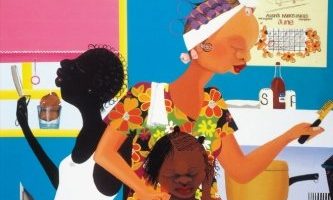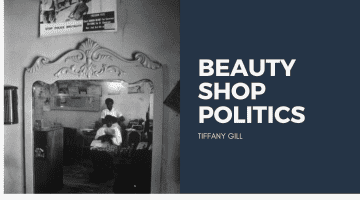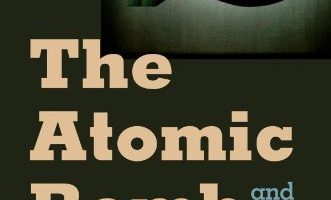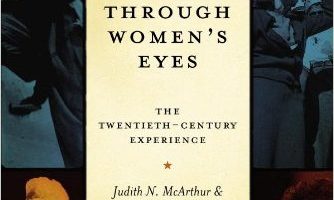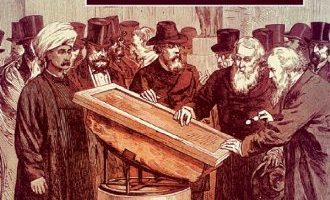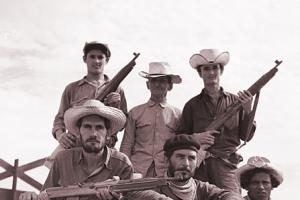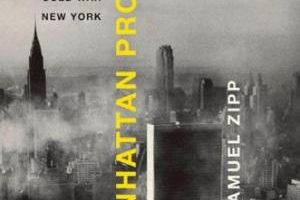
In the 1970s the United Nations complex and the public housing projects of East Harlem projected two disparate images of New York City. If the UN displayed the city’s position as a global capital of culture, politics, and economics, the deteriorating housing projects showed the city’s struggles with overcrowding, high crime rates, and poverty.
